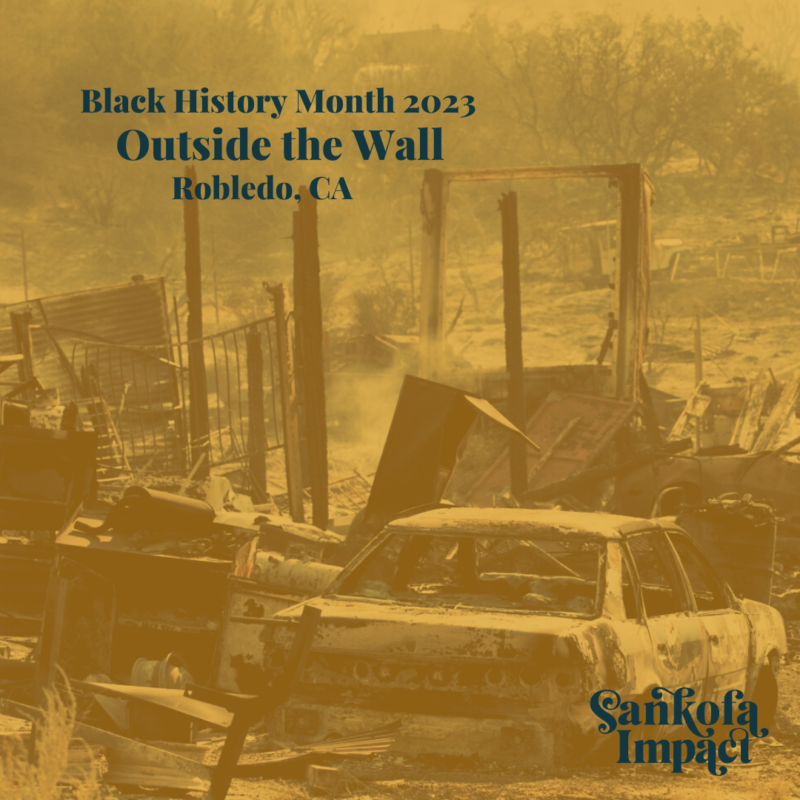“All that you touch, you change. All that you change, changes you. The only lasting truth is change. God is change.”
Octavia Butler
The scene outside of Lauren’s walled neighborhood – which she has only seen a few times – is a ragged, dangerous one, a world filled with trash, filth, and squalor. Life outside the wall is unsafe and dirty, but it is one that Lauren will have to venture into someday. Her brief visit to a church in a nearby neighborhood inspires Lauren to begin forming her own concept of God, Earthseed.
Parable of the Sower centers the story of Lauren Olamina, a fifteen year-old Black girl experiencing a chaotic society in the future caused by climate change and economic crisis. The protagonist, Lauren, also has the power of hyperempathy, an extreme sensitivity to other’s emotions. Parable of the Sower is a revolutionary novel that brought Afrofuturism into the world of science fiction and created representation of Black voices in a genre where their voices were often neglected.
Born in 1947, Octavia Butler was a Black author renowned for her science fiction novels centering Afro-futurism and feminist perspectives. Though she received the MacArthur Grant, she struggled for decades when her novels exploring themes of Black injustice and political disparity were largely ignored. In 2006, she passed away in her North Seattle home. At that time, interest in her books was beginning to rise and in recent years, sales of her books have increased enormously.
adrienne maree brown, who is building on Octavia Butler’s legacy, said this, “Visionary fiction is a term that distinguishes science fiction that has relevance toward building freer worlds from the mainstream, which most often reinforces dominant narratives of power. We believe this space is vital for any process of decolonization because decolonizing the imagination is the most dangerous and subversive form there is. Once the imagination is unshackled, liberation is limitless.”

